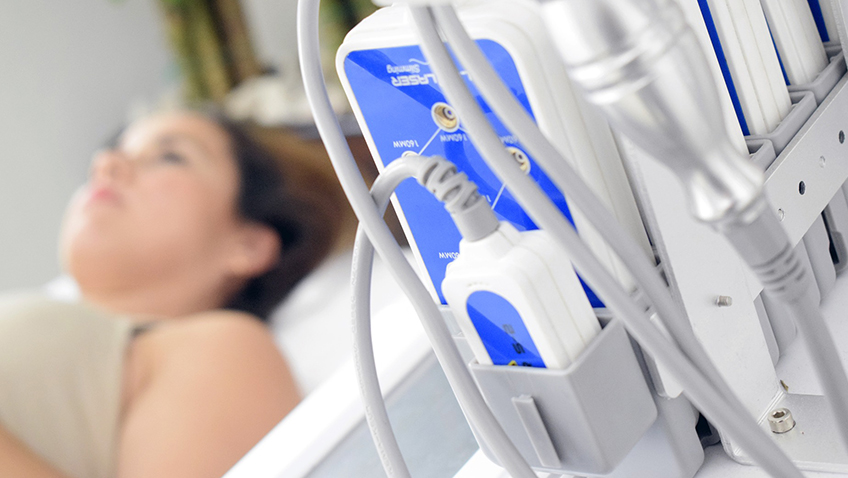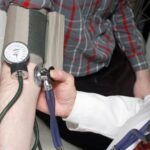A research study into what third sector organisations – such as national support charity Breast Cancer Haven – provide for people with breast cancer that public health services cannot has recently been published in the European Journal of Integrative Medicine.
At the end of 2015, an estimated 475,000 women were living up to 21 years following a breast cancer diagnosis. By 2030, this is projected to rise to 840,000. As more people survive, many experience physical and psychosocial problems such as fatigue, menopausal symptoms, stress, anxiety and depression, all of which are associated with poorer quality of life. Around one third of breast cancer survivors report one to five such unmet needs, whilst 17% report at least six concerns. This increase in demand for services such as breast care nurse support and oncology outpatient visits is placing increased pressure on the NHS to provide the support needed.
The research study, undertaken by Breast Cancer Haven and the College of Health and Human Sciences at Swansea University, concludes that regular service evaluations are needed to ensure that people with breast cancer receive those aspects of care that are often lacking in the NHS setting. This service evaluation aimed to identify what people expected, or hoped for from Breast Cancer Haven, and to evaluate how well those expectations were met.
A total of 980 service users completed the research study, most citing emotional (77.6%) and physical (67.2%) as the most frequent concerns for visiting. The four main themes of expectations were:
- Information and practical advice about breast cancer and its treatment, with more advice about how to cope with the side effects of their medical treatment and prevent recurrence.
- Therapeutic space including a safe, calm and caring environment away from that associated with medical treatments, where they could relax and experience the therapies on offer.
- Therapeutic relationships with professional people who had time to listen and understand what they were experiencing, and sharing that experience with others with breast cancer to feel that they were not alone.
- Emotional support to manage stress, anxiety and fears so as to regain confidence and move on with their lives.
The majority of participants stated that they got what they expected, or more than they expected, with the main individual therapies found to be helpful being breast cancer information (43.9%), nutritional therapy (42%), acupuncture (35%) and counselling (31.9%).
Third-sector partnerships
Just over 40% of participants indicated that they had obtained additional support from other charities or organisations to help them through their breast cancer experience, with breast care nurses and Macmillan Cancer Care as the most frequently cited.
The findings of this survey indicate that people with breast cancer don’t receive all the information they need from other sources such as the internet or healthcare professionals, and that cancer support services have a role to play in providing such information. There is, therefore, a potential for third-sector support services working in partnership with the NHS to fill this provision gap. Increased support provided by charities to breast cancer survivors may both address their unmet needs and reduce demand on tightly stretched NHS healthcare services.
One participant from the survey said ‘Breast Cancer Haven is the door that opens when the consultation room door closes. For that reason, it is not just complementary, it is essential.’
Breast Cancer Haven
Breast Cancer Haven is a national UK charity supporting people through the physical and emotional experience of breast cancer. The charity provides free in-depth personalised programmes of psychological support, help with treatment side-effects and supported self-management activities in five community-based centres in London, Hereford, Yorkshire, Wessex and the West Midlands as well as two hospital breast units in London and Worcester.
The charity support programme consists of an initial one-hour consultation with an experienced health care professional to assess each person’s needs and to mutually agree an appropriate therapy plan, followed by up to 10 hours of free individual one-to-one therapies. After six hours of therapy, each person’s treatment plan is reviewed to monitor the effectiveness of the therapies, allowing changes to be made to the treatment plan if needed.
Another participant, said ‘It literally was a life changing experience for me. From the moment the girls at reception greeted you, you immediately felt safe. Everything was geared to me as an individual. It didn’t matter if you became upset, everyone understood why. It was such a relief to me.’
For further information on the charity and its work visit www.breastcancerhaven.org.uk.





